We are currently working on an updated piece of work for Future Finance Leaders - Look out for details this Spring!
BUFDG conducted some research in 2017 into how we can best support the development of senior finance members who wish to become our future finance leaders within higher education. We created the Future Finance Leaders report and resources from this research. Whilst most of the key recommendations remain the same, BUFDG is planning to review this research for 2023 as the role of a Finance Leader continues to adapt and evolve.
Together with a consultant from Advance H E (previously the Leadership Foundation at the time), we conducted several interviews with VCs, Registrars, COOs, CFOs, Finance Directors, HR (Human Resources) Directors, Deputy Finance Directors, Assistant Finance Directors, and external recruiters.
The report findings were on par with what we expected and there will be different views on the outputs, but it gives a good summary of the skills and capabilities needed in a finance leader. It also highlights some of the challenges that you might face when trying to develop as a senior leader, and, most importantly, the types of development activities and experience that will add value. This should not be seen as relevant only for those who want to move up to the next level, but for anyone who wants to develop their skills as a senior leader. Whilst the report was conducted a few years ago now, these skills and capabilities are even more crucial to be able to be an effective leader in these times of unprecedented change. Here are some of the key findings:
This should be no surprise, but leadership skills are critical. Sometimes referred to as ‘soft’ skills (and referenced as such in the report), it is now widely recognised that these skills set a successful leader apart. In professional services such as finance, we often find it hard to justify the cost and the time needed to develop these ‘soft’ skills, but skills such as inspiring communication, effective influencing, change agility, and emotional intelligence are exactly the areas aspiring and existing leaders must be investing in(as you can see from the report findings).
To fully understand a role, we need to look beyond the job title. This became apparent through the future leader interviews. The variety of job titles within H E and the roles and responsibilities within them are huge. This may seem a small point, but it highlights the need to think about what type of finance leader role you aspire to. It also means you can better understand any development gaps between your current and your aspirational role.
Building on from the above, two Finance Director or Chief Financial Officer roles are rarely the same. There are significant differences between roles and whilst seemingly obvious, this means individuals should carefully consider the type of finance leader they want to be and then plan their development accordingly. Some Finance Directors are incredibly hands-on in the finance function, some are less hands-on in finance and are involved in a wide range of other areas as well. Indeed, several finance leaders in Higher Education are responsible for Legal, IT or Operations, for example. These factors are important to consider when identifying a potential leader role for yourself, and the individual development needed. The commonality across the roles, however, are the soft skills needed to be able to lead successfully, whatever your remit may be.
In addition, you may want to reflect on how your present job title reflects what you currently do. You may need to better articulate your own responsibilities when talking about your job as you could be underselling your value.
Learning through experience is critical. You need to learn and develop beyond any training you may have. Any learning from a development course must be followed up by hands-on experience. Going on the course is not enough. What’s your plan after attending the course to use and become comfortable with these new skills? Find ways to be involved in or, indeed, be responsible for, new activities, conversations, or projects. Often people attend a course, and this is not turned into a consistent change in behaviour or skill - think about how you are going to measure your output, your return on the training investment.
Increasingly development can come from experience alone and the following boxes articulate development outside of traditional training.
It was deemed that an 'on paper ideal' candidate would have experience from both within and outside the H E sector. The key factor though is to have breadth of experience, knowledge across your function, Higher Education, and the sector, as a minimum. Making a sideways move can have long-term benefits and should be considered just as much as a move upwards. Purely linear career development can have its challenges and limits crucial breadth of knowledge and experience.
In the last few years, BUFDG and our professional services partners have seen the benefits of this breadth of knowledge being taken beyond finance. We are increasing the events we provide to help join up professional services. For an aspiring finance leader to have more insight into estates, planning, IT and HR for example, will be hugely beneficial not just to an individual but to H E, which is why we are making it part of our work at BUFDG and Professional H E Services.
Having a network makes a significant difference, in terms of knowledge gained, experience, and simply being known within the sector. It broadens knowledge and can make your job easier as you work with people who 'have been there before' or who are tackling the same issue. It also opens opportunities to get involved with wider sector activities and projects. Being a senior leader can also be a lonely job, particularly at the top, and a network can mean you still feel part of wider community.
Make sure you are part of the regional networks as a minimum and contact Rachel to see what other groups you can get involved with to development a stronger network.
One of the biggest challenges is a lack of experience of working with and influencing the board, and it was acknowledged during the review that this can be incredibly difficult with a Finance Director or Chief Financial Officer in place (after all, that is what they are there for!). To be considered as a finance leader you need to find ways to interact with this audience and show experience in this. Contact your current finance leader to see how you can work together on this or seek support from a mentor.
Development needs to be self-driven, using a pick and mix approach tailored for you. It is important to identify your individual position, and where you aspire to be, and then identify the potential skills or experience gaps within this. You can then plot your individual development plan. As a guide, any development should be based on the principle of 70/20/10:
70% of your learning should be hands-on experience (landing the project, working with stakeholders, presenting, or engaging with the board);
20% should be learning through others who have been there or those who have a different view, mentors, line managers, and other senior leaders (such as through Deputy FD meetings), and leaders of other professional service functions; and
10% should come from the traditional learning routes such as face-to-face training courses, workshops, or e-learning for example.
As mentioned in the final point above, any development activity needs to be self-driven and tailored to the individual. Therefore, a BUFDG Deputy FD to FD development programme did not seem appropriate, simply because everyone would have such different needs. Instead, we have pulled together a selection of activities, which fit with our research findings. You can read the full report here.
This document provides a summary of the skills and characteristics identified in the report, from those who are seeking a future leader and those currently in role. These skills and capabilities cannot be underestimated in today’s H E climate.
This document provides a summary of 'experience' and skills an aspiring future leader should focus on. Development then sits with the individual to identify their own needs.
The research showed that individual finance leadership roles are varied. To help demonstrate the variety of the roles, we asked some willing volunteers to summarise the key aspects of their job in a role profile. The responses give a good indication of the types of roles and the differences out there. Each finance leader has also kindly shared their advice on the journey to becoming a finance leader. We will also share some new finance leader profiles shortly.
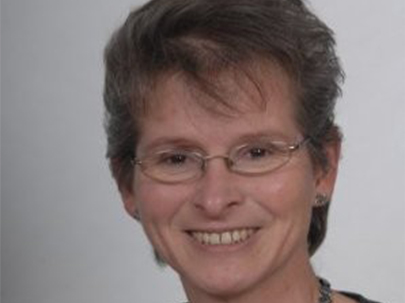
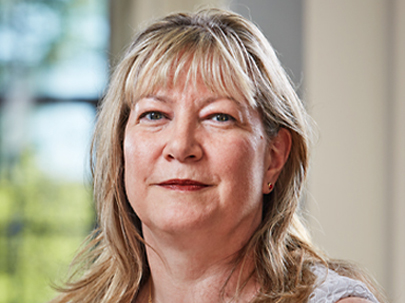
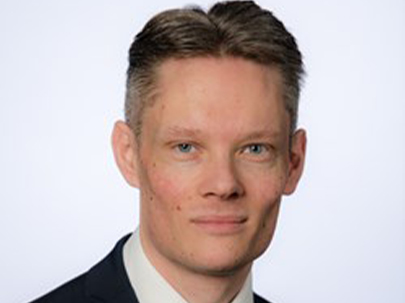
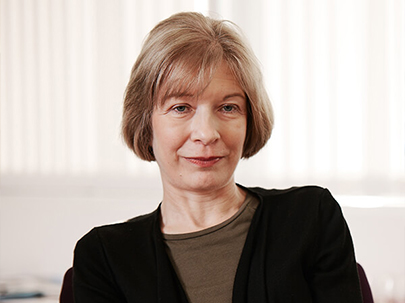
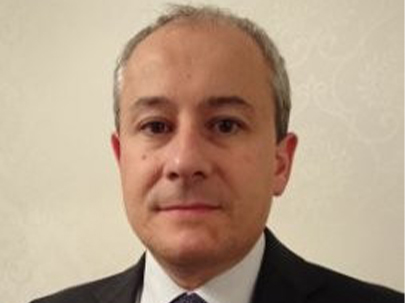
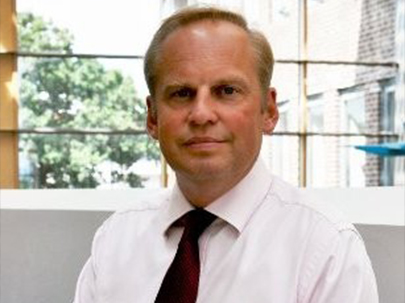
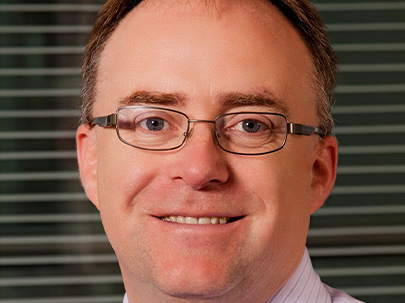
We have a range of existing development options available as well as some new suggestions. We have also included programmes offered by other providers, as this may be just what you as an individual need. BUFDG will continue to set up and provide a range of activities and these will be highlight where appropriate for aspiring future leaders.

Action Learning Sets are a fantastic development tool and we run Multi-Disciplinary Action Learning sets targeted at Deputy Director / Senior Leader level. In addressing the development needs for a future finance leader, this is one of the best development activities you can participate in. It ticks the boxes for development, breadth of knowledge, networking, and leading a project, together with a return on investment by tackling a current business issue. You can find out more as well as see the latest dates on the Action Learning Sets page.
If you want to gain access to some hands-on training working with a 'Board' and develop with action-focused learning for a year; if you could manage three hours a month for your personal development and would be keen to make a positive difference to a charity at the same time - then look no further than Pilotlight! If you are interested in exploring development with Pilotlight, please get in touch with Rachel for a BUFDG member code.
Another opportunity to gain a network, and increase your breadth of knowledge and experience, is by attending the regional Deputy Finance Director meetings. For some, these are 'not to be missed' events. Where engagement levels are high, we see a supportive network and a range of fascinating topics covered. We have seen renewed focus in some of these meetings, so please don't miss out on the next round of meetings. Check our events page for details of and booking upcoming meetings and contact Rachel with any queries.
Mentoring is a fantastic way to learn through others - if done right! Some members may find mentoring a valuable experience. This can be a more structured mentoring programme, or something more informal, such as a meeting or call to support an individual looking to apply for a new role, for example. Whether it is ‘light touch’ or more structured and over a longer period, the same principles should apply. BUFDG has introduced a mentoring scheme which matches mentors and mentees among our membership, and we would encourage you to make use of it!
Led by Advance H E, Step onto the Board is a series of workshops designed to provide women aspiring to join a board with practical tools and confidence. The workshops include advice on the practical tools and advice together with tools to deliver leadership presence and purpose. The programme also guides participants on how best to seize opportunities, and the challenges of navigating board culture. Find out more about Step onto the Board on Advance H E’s website.
If you are looking for a programme that covers a huge range of development, then Advance H E's development programmes may be of interest. They have several programmes including ‘Preparing for Senior Strategic Leadership.’ Depending on your needs there are options for Senior Strategic Leadership and a Senior Women’s Leadership Programme. You can view the range of sessions on offer on the Advance H E website.
Keep a look out for more development activities...
If you have any questions, or would like to talk through anything - please contact Rachel.